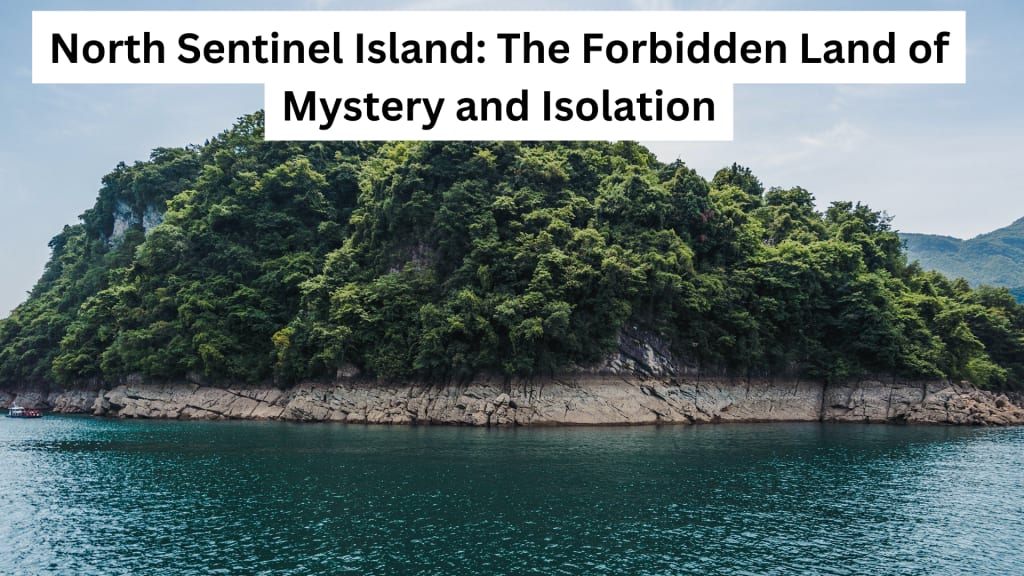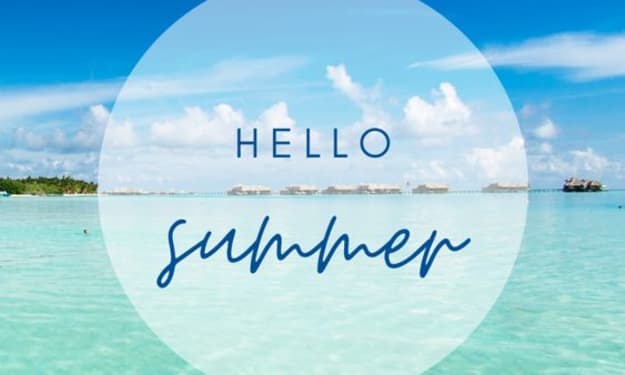North Sentinel Island: The Forbidden Land of Mystery and Isolation
Unveiling the Enigma: North Sentinel Island and its Forbidden Secrets

Introduction :
North Sentinel Island, nestled in the Bay of Bengal, is a tiny landmass off the coast of India that has captured the world's curiosity. This remote island is home to the Sentinelese tribe, one of the few remaining uncontacted peoples on Earth. The Sentinelese have fiercely resisted any form of external contact for centuries, leading to the Indian government implementing a ban on visiting the island. This article delves into the enigma of North Sentinel Island, exploring its unique history, the significance of its isolation, and the ongoing debate surrounding the preservation of this ancient indigenous culture.
The Sentinelese Tribe and Their Isolation :
The Sentinelese tribe, estimated to have inhabited the island for over 60,000 years, have chosen to remain secluded from the outside world. Their isolation has resulted in limited knowledge about their customs, language, and way of life. Despite numerous attempts by outsiders to establish contact, the Sentinelese have consistently demonstrated their desire to remain independent. They fiercely defend their territory, often repelling intruders with hostility and aggression.
Historical Encounters :
Historical encounters with the Sentinelese have been sporadic and fraught with tension. In the late 19th century, the British attempted to establish a presence on the island but were met with resistance and hostility. In subsequent years, various attempts by researchers, anthropologists, and even filmmakers to study or document the tribe's lifestyle were met with similar outcomes. The most recent encounter in 2018 resulted in the tragic death of an American missionary who ventured too close to the island. Such incidents highlight the Sentinelese's fierce determination to maintain their isolation.
Preserving Indigenous Cultures :
The ban on visiting North Sentinel Island is primarily motivated by the need to protect the Sentinelese tribe and their way of life. The Indian government recognizes the importance of preserving indigenous cultures, acknowledging the potential dangers that external contact may pose to the tribe's health, immunity, and overall cultural identity. The isolation of the Sentinelese acts as a shield against diseases to which they may have no immunity, a concern reinforced by tragic historical examples such as the devastating impact of introduced diseases on indigenous populations in the past.
Debate and Challenges :
The ban on visiting North Sentinel Island has sparked a significant debate. Some argue that the Sentinelese should be left alone, respecting their desire for isolation and preserving their unique culture. Others contend that contact should be established to provide the tribe with healthcare, education, and other benefits enjoyed by the modern world. However, any contact, even well-intentioned, poses potential risks to the tribe's health and autonomy.
The Future of North Sentinel Island :
As we move forward, the challenge lies in finding a delicate balance between preserving the Sentinelese culture and ensuring their safety, while also respecting their autonomy and the choices they have made for themselves. Continued surveillance, research, and efforts to understand the Sentinelese people from a distance should be undertaken, while ensuring strict enforcement of the ban to protect their way of life.
Conclusion :
North Sentinel Island remains an enigmatic place, shrouded in mystery and guarded fiercely by the Sentinelese people. Their desire for isolation challenges us to reevaluate our understanding of cultural preservation and respect for autonomy. As the world progresses, it is vital that we find ways to protect and support indigenous cultures, even if it means respecting their wishes for solitude. The ban on visiting North Sentinel Island serves as a reminder of the delicate balance between cultural preservation, human rights, and the complex decisions we face in the face of a rapidly changing world.
About the Creator
Plantera Digital Media
welcome to my page here i share
- Stories
- Interesting facts about the world around us
- Thought-provoking theories about the nature of reality
- Useful information that can help people in their lives






Comments
There are no comments for this story
Be the first to respond and start the conversation.